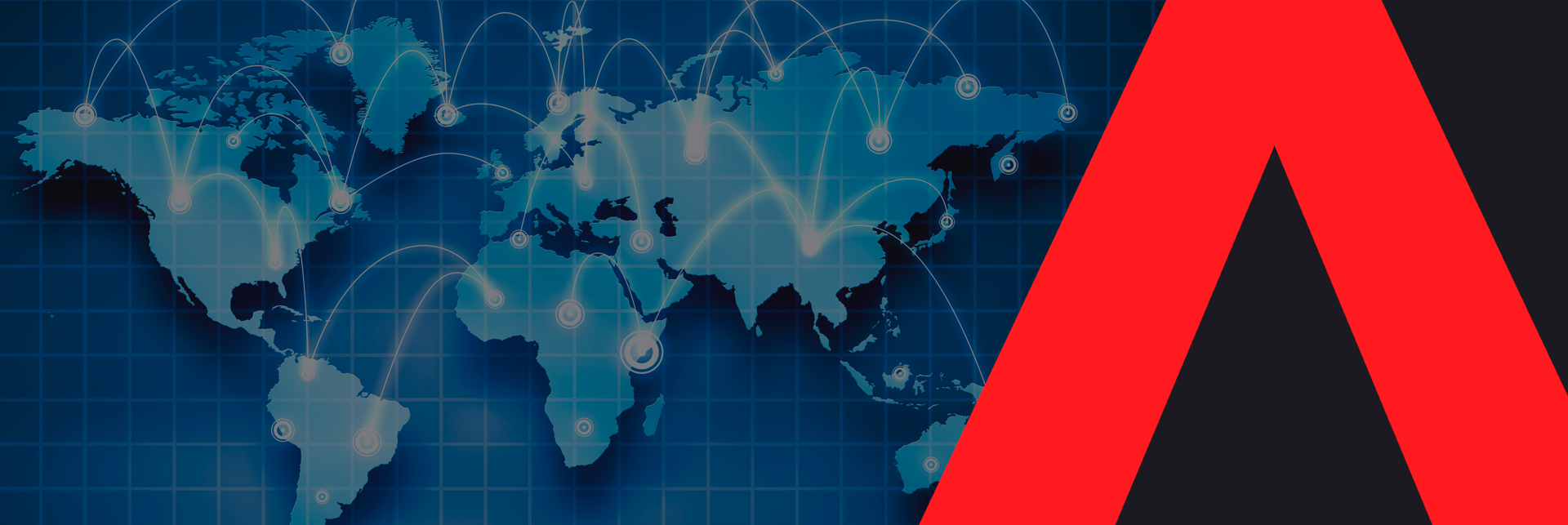Brazil is one of the best countries in South America for international commerce. Besides the fact that it’s the world’s sixth-largest economy, it is also low risk. The country has fair weather, a stable political environment, and significant natural resources.
Any natural or juridical entities who’d like to operate in cross border commerce, whether it’s for import or export, must acquire a RADAR license.
If you’re not sure what that is, it’s an acronym for Ambiente De Registro e Rastreamento de Atuacao do Intervenientes Adueneiros (Ambient of Registration and Tracking of Activities of the Customs Agents).
RADAR gives you access to the SISCOMEX system (Integrated system of External commerce). SISCOMEX integrates registration, follow-up and control of every foreign trade operation into a single dashboard. The system is managed by the foreign trade secretariat (SECEX), along with the federal Revenue Secretariat (SRF) and the Central Bank of Brazil (BACEN).
Where does RADAR apply?
RADAR licensing covers exporters and importers, and it adds them to the Siscomex database. This gives fiscal auditors working in the Brazilian Revenue Service (BRS) real-time access to information on all foreign trade operations, including customs, accounting, and budgetary information. Siscomex ensures operational agility and prevents fraud.
RADAR accreditation system.
Radar licenses have about 4 accreditation categories that differ according to the nature of the importer/exporter and activities to be carried out.
Simplified radar
This is an 18-month license, and it is meant for new companies importing fixed assets or processing the import through other trading companies, as well as individual persons who import or export goods whose value does not exceed $150,000.
Ordinary Radar
This is ideal for companies that regularly deal in cross-border commerce. The license serves to verify the company’s existence, location, financial status, and compliance with regulatory standards. This particular license gives importers/exporters the most freedom, so it is the best choice if you’re an established company.
Restricted Radar
This is meant for legal entities or natural persons (one who has its own legal personality) who have participated in cross-border commerce, and it serves to authorize them to correct declarations or provide consultancy services.
Special Radar
Special radar is ideal for public administration agencies, municipalities, public institutions, government agencies, international bodies, and other foreign organizations.
Note: The applicant must choose which type of license they want to acquire. Once they have done so, they must adhere to the relevant limitations and requirements.
Radar license requirements
Here’s a list of the documents you’ll need for each type of RADAR license.
For simple radar.
- License requirement (attachment IN SRF 650/06) – one copy, authenticated with a notarized signature
- Constitutive acts and a record of any alterations made 2 years prior
Note: Constitutive acts include the articles of association or incorporation, charters, certificates of limited partnership, and so on). - Basic certificate from the state commercial board (the original, along with one authenticated copy)
- the IPTU guide of verification or Rural territory Property duty declaration (DITR) one authenticated copy
- Proof of address (dated a month before the request for license) one original, and one authenticated copy.
- Address proof and copies of the Identifying documents and CPF of the individual responsible for CPNJ.
Note: CPF is an acronym for Cadastro de Pessoas Físicas. It is a unique taxpayer identification number issued to people who live in Brazil, and it applies to both natives and resident aliens. CPFs are 11-digits long. Just like a CPF, a CPNJ is a tax identification number. However, it is used to support businesses, not individuals. All business enterprises created in Brazil must apply for a CNPJ number at the time of incorporation. Foreign companies must have CPNJ numbers as well. - Password form – two authenticated copies with notarized signatures.
For Ordinary Radar
Importa Facil
Importa facil, loosely translated as “easy matters,” is a customs solution provided by the Brazilian Postal office (Correios) for local importers. Importers who use this service need not acquire a RADAR license.
The service helps such individuals import merchandise for commerce and personal use, provided that
(a) The total value of goods falls between $3,000 and $501 (for natural persons)
(b) The value of goods does not exceed $3,000 for juridical persons.
Brazil is a great place to invest. However, you’re probably going to need representation if you’re planning to import into the country. You can rest assured that Blackthorne Importer of Record services into Brazil will make the process a lot faster and less stressful.

